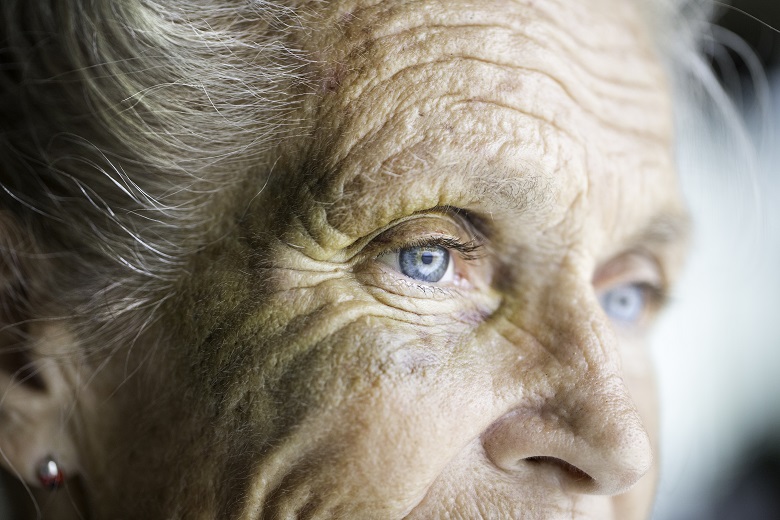
Almost 1900 older Queenslanders were victims of alleged abuse by a family member or friend over a twelve-month period, according to a state government report.
Calls to the Queensland government-funded elder abuse helpline increased by almost 18 per cent during the 2017-18 financial year, the Elder Abuse Prevention Unit’s Year in Review report found.
In that time it recorded 1,946 abuse notifications involving 1,872 victims who were in a close relationship with their abuser and 239 cases of abuse in a consumer or social relationship, which include homecare services.

The figures represent the largest annual increase in elder abuse notifications since the unit began collecting data in 2000, when there were 244 notifications.
The most common forms of abuse reported were financial abuse, with 1,511 calls received, followed by psychological abuse with 1,207 calls. Three hundred and sixteen cases of neglect in a close or intimate relationship were reported.
Minster for seniors Coralee O’Rourke said she believed other forms of abuse, including sexual abuse, were being under-reported with only 19 cases recorded.
Most victims were aged between 80-84 and the most frequent abusers, apart from sexual abuse, were sons and daughters. Forty per cent of cases of abuse within a consumer or social relationship related to aged care services.
In 20.8 per cent of cases the victim was dependent on the perpetrator.
“Elder abuse is largely a hidden problem with victims often reluctant to report the abuse or take action due to feelings of shame and/ or guilt, fear of retaliation, concern that the abuser may get into trouble, a lack of capacity or reliance on the perpetrator for care,” the report says.
“An ageing population and increased longevity highlights the importance of developing a better understanding of elder abuse.
Risk factors
The report noted that just over half of the victims were reported as requiring some level of care and said “a lack of formal care may increase the risk of becoming a victim of elder abuse”. Long wait lists and a lack of services contributed to formal care not being provided, it said.
It also said that taking on the role of a carer can be stressful and that “experiencing stress while caring for an older person can interact with individual factors to increase the risk of elder abuse.
Ms O’Rourke said the large number of calls showed that the state government’s elder abuse campaigns were working.
“This report represents the most comprehensive data on elder abuse in the state and is a clear indication that awareness campaigns such as those run by the Palaszczuk Government and the Queensland Law Society are getting the message across that elder abuse won’t be tolerated,” she said in a statement.
Data collectd by the EAPU is used to inform the design of the government’s annual Elder Abuse Awareness campaign.
This story also appears in Australian Ageing Agenda
Comment below to have your say on this story.
If you have a news story or tip-off, get in touch at editorial@governmentnews.com.au.
Sign up to the Government News newsletter.